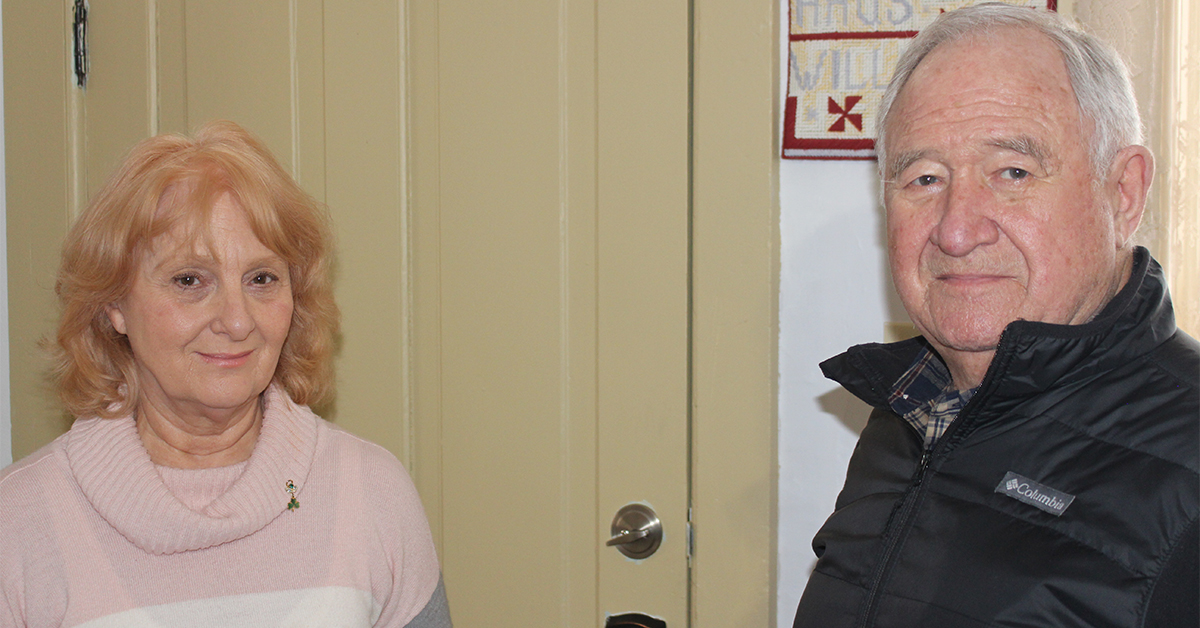Having lifted most pandemic-related restrictions, including vaccine certificates, the province now plans to eliminate mask mandates as of next week.
Ontarians will no longer be required to wear a face mask in the majority of indoor settings, including schools. Businesses or restaurants can require patrons to still wear a mask if they choose.
“On March 21, the government of Ontario is ending the requirement to wear masks in most indoor settings. I want to ask that everyone continue to be patient and kind with one another as people and organizations make the best decision for themselves around issues like masking,” said Chair Karen Redman last Friday during the region’s weekly pandemic briefing.
The decision comes as the number of COVID-19 cases stabilize. In Waterloo Region, there were 431 active cases at midweek, down from 467 a week earlier, with outbreaks being monitored in four locations. In the past week, the death toll since the pandemic began reached 399.
“The peak of the Omicron wave is behind us. We continue to see stable or improving trends in our key indicators. Provincially and locally we are now shifting to a longer-term approach to living differently with and managing the impacts of COVID-19,“ said Dr. Rabia Bana, the region’s associate medical officer of health, noting the virus continues to circulate.
Despite the easing of restrictions, the province is maintaining guidelines for those who come in contact with the virus. In cases of household contact, people should continue to self-isolate while the person with symptoms is isolating, the province suggests. Contacts who are over the age of 18 and have received a booster shot are not required to self-isolate. The same is true for those under 18 who are fully vaccinated.
“Please respect anyone who chooses to continue still wearing a mask beyond the lifting of mandatory masking requirements. Individuals who are at serious risk of illness will benefit from wearing a mask, especially in indoor and crowded public spaces. Due to the high vaccination rates and public health measures, we have been able to manage the impact of the Omicron wave,” noted Bana.
In another step towards a return to normal, the president of the Grand River Hospital Foundation, Paul McIntyre Royston, announced during the update that the hospital will start to welcome back volunteers as of Monday. They had to pull out volunteers during the latest wave that saw a sharp spike in cases. Hospitals in the area will be keeping COVID-19 protocols and restrictions like mask wearing or screening at the entrance in place for the time being.
“We talked about where things are at and were very pleased and happy with the direction Omicron’s been heading. It’s been tough, though, we’ve seen challenges for our nurses, our doctors, our healthcare providers and what’s been great in the community is the incredible response from meals to coffees to celebrating with events. Since Omicron began, we had to pull out volunteers, all hospitals have, and we’re starting some back as of March 21,” he said.
Waterloo Region continues to see small increases in vaccination as clinics continue to wind down. At midweek, the region was reporting 88.7 per cent of eligible residents had received at least one dose of vaccine, while 85.3 per cent were fully vaccinated. Some 49.8 per cent of eligible residents had been given a booster shot.
In Wellington-Dufferin-Guelph, Public Health reported 90.2 per cent of eligible residents had received at least a first dose, with 87.2 per cent with two doses and 57.1 per cent boosted.
At midweek, that catchment area had 259 active cases of COVID-19, down from 273 a week earlier. Officials reported a cumulative 158 fatalities since the pandemic began.









